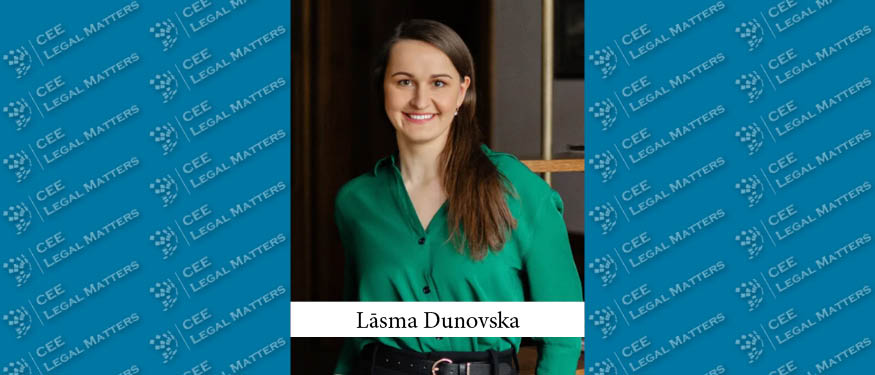Paksoy has promoted former Counsel Gulce Saydam Pehlivan to Partner.
Abuse of Sick Leave – (Im)possible Termination
Although abuse of the right to a leave of absence due to temporary impairment for work (sick leave abuse) is explicitly stated in the Labor Law as grounds for termination, in practice, terminating an employment contract on this basis is very difficult, even when abuse is obvious. Beyond the fact that the concept of sick leave abuse is not legally defined, employers face a host of formal and factual obstacles when attempting to determine abuse, resulting in losses for both employers and the state, which often bears the cost in cases of long-term sick leaves.
Whistleblowing – Romania’s Compliance with EU Directive 2019/1937
The implementation of EU Directive 2019/1937 has established Romania as part of a broader European trend toward increased transparency and accountability in business practices. For many Romanian companies, especially small and medium-sized enterprises, this shift has introduced a steep learning curve, but also significant opportunities.
Angel Investors Take Flight: New Tax Breaks and Golden Visa Opportunities Fuel Startup Growth in Greece
Law 5162/2024 (“New Law”), which aims to enhance business innovation and competitiveness through tax incentives for investments in start-ups, introduces significant changes in Law 4172/2013 (Income Tax Code) and Law 5038/2023 (Immigration Code) providing substantial benefits and opportunities to Angel Investors.
Disclosure of Employee Termination Reasons to the Entire Workforce
Employers often find themselves contemplating whether they should disclose the reasons for an employee’s termination to the entire workforce. While the motivations behind this consideration can be well-intentioned – such as educating remaining employees about unacceptable behaviors, promoting transparency, and preventing the spread of misinformation, there are legal implications to take into account.
The Debrief: December, 2024
In The Debrief, our Practice Leaders across CEE share updates on recent and upcoming legislation, consider the impact of recent court decisions, showcase landmark projects, and keep our readers apprised of the latest developments impacting their respective practice areas.
The Legal and Ethical Aspects of Employee Poaching
The labor shortage issue has been a growing problem in the job market for a long time now. In the long-term employers are looking for ways to improve working conditions, to keep employees engaged and to attract new ones. One of the ways to fix the labor shortage issue is employee poaching. What are the legal and ethical aspects of employee poaching and how to lessen the risk of another job market recruiting employees?






















